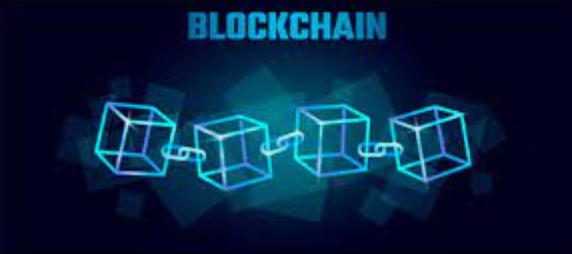Blockchain applications: What is blockchain used for ?
You may have heard about Blockchain but are still confused about how this technology can be used in the real world. What are blockchain applications? Is it really worth using in day-to-day activities? Worry that this post will resolve your query.
Read till the end!
1. Foreign transactions
For money, blockchain is very useful in finance. Blockchain technology allows for the secure and reliable creation of a tamper-proof ledger of sensitive activities. Financial transactions via blockchain can be less costly and quicker than traditional methods.
By eliminating the need for banks to manually settle payments, blockchain technology may be utilized to reduce the cost of these payments.
2. Supply chain
Blockchain is proving itself efficient in the material traceability when it comes to the supply chain. Recording price, locations and certifications become easier than ever.
Transparency in the supply chain due to blockchain has been increased which ultimately also reduces the cases of frauds since businesses are aware of materials being used in products at any point.
3. Audits and compliance
Blockchain’s incredibly protected approach makes it beneficial for auditing and accounting since it reduces the potential of human inaccuracy and maintains the confidentiality of the information.
Furthermore, once the account records are secured using blockchain technology, no one, including the record owners, can change them. The trade-off is that blockchain technology may effectively remove the requirement for auditors and so maintain efficiency.
4. Lending
Lenders can employ blockchain smart contracts to perform securitized loans. Specific events, including a service payment, a margin call, complete payback of the debt, and collateral clearance, can be set to trigger by smart contracts created on the blockchain.
As an outcome, loan execution is quicker and less costly, allowing lenders to offer lower interest rates.
5. Healthcare
An innovative method for gathering and exchanging private information might be just what the doctor prescribed to ensure that an already overburdened industry can cut extravagant expenses.
Indeed, early blockchain systems have shown the possibility of reducing healthcare costs, increasing information access among users, and expediting business operations.
Blockchain in healthcare, despite its early usage, is already developing nicely.
6. Energy
Energy supply transactions might be carried out using blockchain technology. Additional possible uses include capital management, documentation of the property, origin assurances, emission permits, and renewable power certifications.
7. Voting
Blockchain technology has the potential to make the election better transparent while also boosting privacy.
Cybercriminals would be powerless against blockchain technology since even if they gained access to the interface, they will be unable to damage other terminals.
Also, critics of blockchain technology for identity and access management argue that since enough information is available on the blockchain, users will only have to supply the minimum necessary to authenticate their ids.
8. NFTs
NFTs allow customers to own digital experiences, art, and cultures that will outlast us all. Besides cryptocurrencies, NFTs have emerged as the trendiest blockchain application. The year 2021 saw an increase in the number of these digital things that are presently sweeping the globe by wildfire.
Users may now take exclusive ownership of several of the most valuable digital goods available, due to blockchain technology.
9. Media
Many issues in the media include data protection, royalties, and copyright exploitation. Whenever it concerns data rights, copyright, and royalties, blockchain can offer the business a whole revamp.
The strength of blockchain in the media sector is its capacity to prohibit a digital asset from residing in many places. With a visible ledger system, it can be shared and disseminated while simultaneously protecting ownership, making theft almost unattainable.
10. Tax
With plenty of information saved on the blockchain, blockchain technology might make the time-consuming and highly susceptible to human error process of filing taxes far more useful.
11. Cloud storage
We have progressed from handling bundles of tangible files to storing the majority of our data in digital format. Another use that corporations might benefit from is cloud storage.
Blockchain is the latest and perhaps the cheapest method of obtaining cloud storage since many tiny companies engage in cloud storage by giving processing power and storage space. A blockchain cloud storage system divides a user’s information into discrete bits. It then adds another layer of protection and spreads it around the network.
